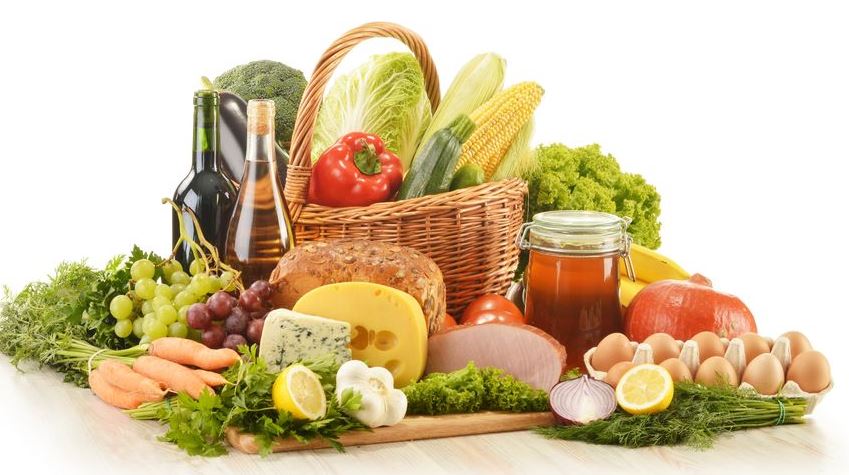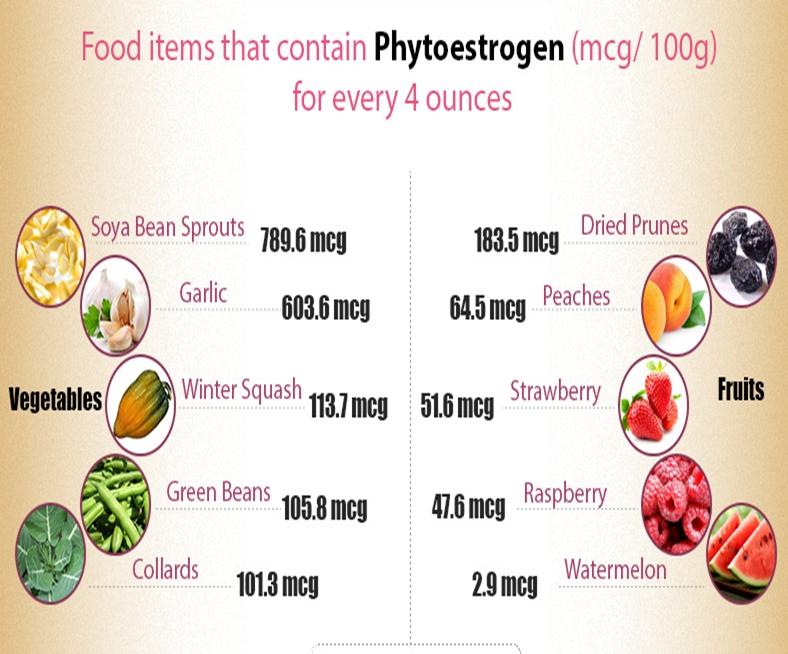Israel, despite its arid climate and limited natural resources, has managed to achieve a high degree of self-sufficiency in food production. This remarkable accomplishment can be attributed to a combination of advanced agricultural techniques, efficient water management practices, and a commitment to innovation and research.

Advanced Agricultural Techniques:

- Drip Irrigation: Israel is a pioneer in drip irrigation, a highly efficient method of delivering water and nutrients directly to plant roots. This system minimizes water usage, reduces evaporation, and allows farmers to cultivate crops in otherwise arid regions.
- Greenhouse Technology: Israel’s extensive use of greenhouses has enabled it to grow crops year-round, regardless of outdoor conditions. Advanced greenhouse technologies, such as climate control and fertigation (the application of fertilizers through irrigation water), have resulted in increased productivity and improved crop quality.
Water Management:

- Water Conservation: Israel places great emphasis on water conservation. The country has implemented strict water-use regulations and invested heavily in water-saving technologies and infrastructure. This includes rainwater harvesting systems, wastewater treatment and reuse, and desalination plants that convert seawater into fresh water.
- Advanced Irrigation Techniques: Israel employs a range of innovative irrigation techniques to maximize water utilization. These include localized irrigation systems, such as micro-sprinkler and subsurface drip irrigation, which deliver water directly to the plant roots, minimizing losses due to evaporation and runoff.
Research and Innovation:
- Agricultural Research: Israel’s strong commitment to agricultural research has played a crucial role in its success. The country boasts several world-renowned research institutions and universities dedicated to developing new crop varieties, improving agricultural practices, and addressing challenges related to pests, diseases, and climate change.
- Technology Adoption: Israel has been quick to adopt and implement new technologies in the agricultural sector. These include precision agriculture technologies, such as drones and satellite imagery, which provide farmers with real-time data on crop health, soil conditions, and irrigation needs.
As a result of these efforts, Israel has transformed itself from a food-importing nation to a country that not only meets its own needs but also exports agricultural products to other countries. The country is now a leading exporter of fruits, vegetables, and flowers, earning valuable foreign currency.
Moreover, Israel’s expertise in agriculture and water management has made it a sought-after partner for countries seeking to improve their own food security. Israeli agricultural companies and experts have shared their knowledge and technologies with countries around the world, helping to boost agricultural productivity and address water scarcity challenges.










